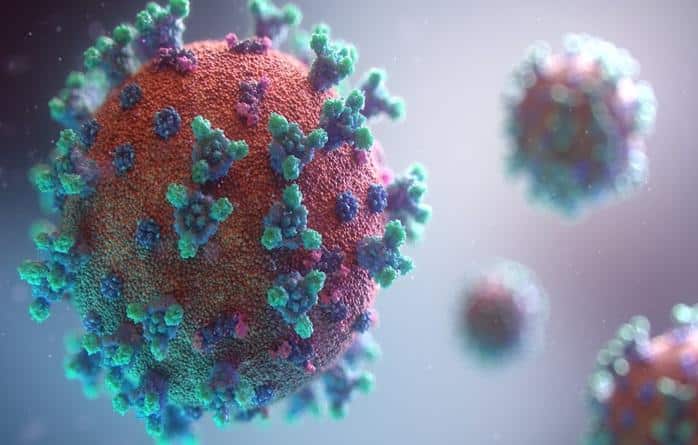In the modern world, infections continue to pose threats to public health. As such, there is a pressing need for professionals with expertise in infection prevention and control. Medical scientists play a vital role in combating these threats and ensuring public safety. In this article, we will delve deep into the specific contributions of medical scientists in the field of infection prevention and control, outline the education and training they require, and discuss the potential career opportunities for those pursuing this path. Keep reading to learn more about this impactful and rewarding career choice.
The Significance of Infection Prevention
Infection prevention and control is a critical aspect of healthcare, as it helps to protect both patients and healthcare workers from the spread of infections. The consequences of an unchecked infectious disease can be devastating, leading to increased morbidity, mortality, and major financial burdens on healthcare systems. Medical scientists make substantial contributions to infection prevention by conducting research on infectious agents, developing new treatments, and devising strategies to halt the spread of disease.
Medical scientists work closely with clinicians and other healthcare professionals to implement targeted infection prevention and control measures. These can include the development and evaluation of vaccines, monitoring antimicrobial resistance patterns, and analyzing data to inform public health policies. This collaborative effort is essential for preventing the emergence and spread of new infections and ensuring that existing infections are effectively managed.
The value of medical scientists’ contributions to infection prevention cannot be overstated. As infectious diseases continue to emerge and evolve, it is vital that the healthcare community stays adaptable and prepared for these challenges. By keeping up-to-date with ongoing research, collaborating with other professionals, and implementing appropriate prevention strategies, medical scientists are able to make a lasting impact on public health and safety.
Education and Training for Medical Scientists
Becoming a medical scientist in the field of infection prevention and control requires an extensive educational background. Most aspiring medical scientists begin by obtaining a bachelor’s degree in a relevant field, such as biology, chemistry, or microbiology. This foundation in the biological sciences equips students with the necessary knowledge and skills to pursue graduate-level education in medical science.
Many medical scientists go on to earn a masters in medical science online. This degree program typically involves advanced coursework in topics related to infection prevention, such as immunology, epidemiology, virology, and bacteriology. In addition to coursework, students may also gain hands-on experience conducting laboratory research or working in clinical settings. Online degree programs are beneficial because they allow you to continue working or keep up with other responsibilities while you complete your degree in medical science.
Career Opportunities for Medical Scientists in Infection Prevention
Medical scientists specializing in infection prevention and control can pursue a diverse range of career options, depending on their interests and expertise. They can also generally expect to make above-average wages and have excellent job security. Research-focused professionals may work in academic institutions, government agencies, or pharmaceutical companies, where they conduct cutting-edge experiments to enhance our understanding of infectious diseases and develop novel treatments.
Medical scientists can also work in public health organizations or hospitals, where they collaborate with other healthcare professionals to establish and enforce infection control guidelines. These roles may involve overseeing the implementation of prevention measures, creating and updating protocols, and analyzing and monitoring disease trends.
Medical scientists with infectious disease expertise can serve as educators, teaching the next generation of healthcare professionals about the importance of infection prevention and control. These specialists can hold academic positions at universities or medical schools, or they may provide training and education to practicing healthcare professionals in clinical settings.
As you can see, medical scientists play a vital role in infection prevention and control by conducting research, collaborating with other healthcare professionals, and educating others on strategies to combat infectious diseases. Through their dedication and expertise, these professionals contribute significantly to safeguarding public health and reducing the burden of infections on individuals and healthcare systems. Overall, a career as a medical scientist in infection prevention offers a fulfilling and impactful opportunity to make a difference in the lives of countless people, both at present and in the future.


